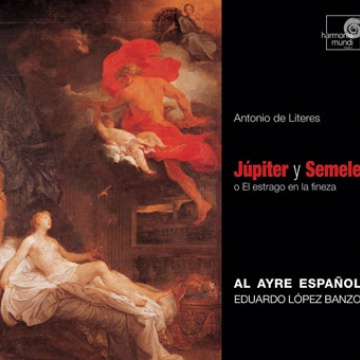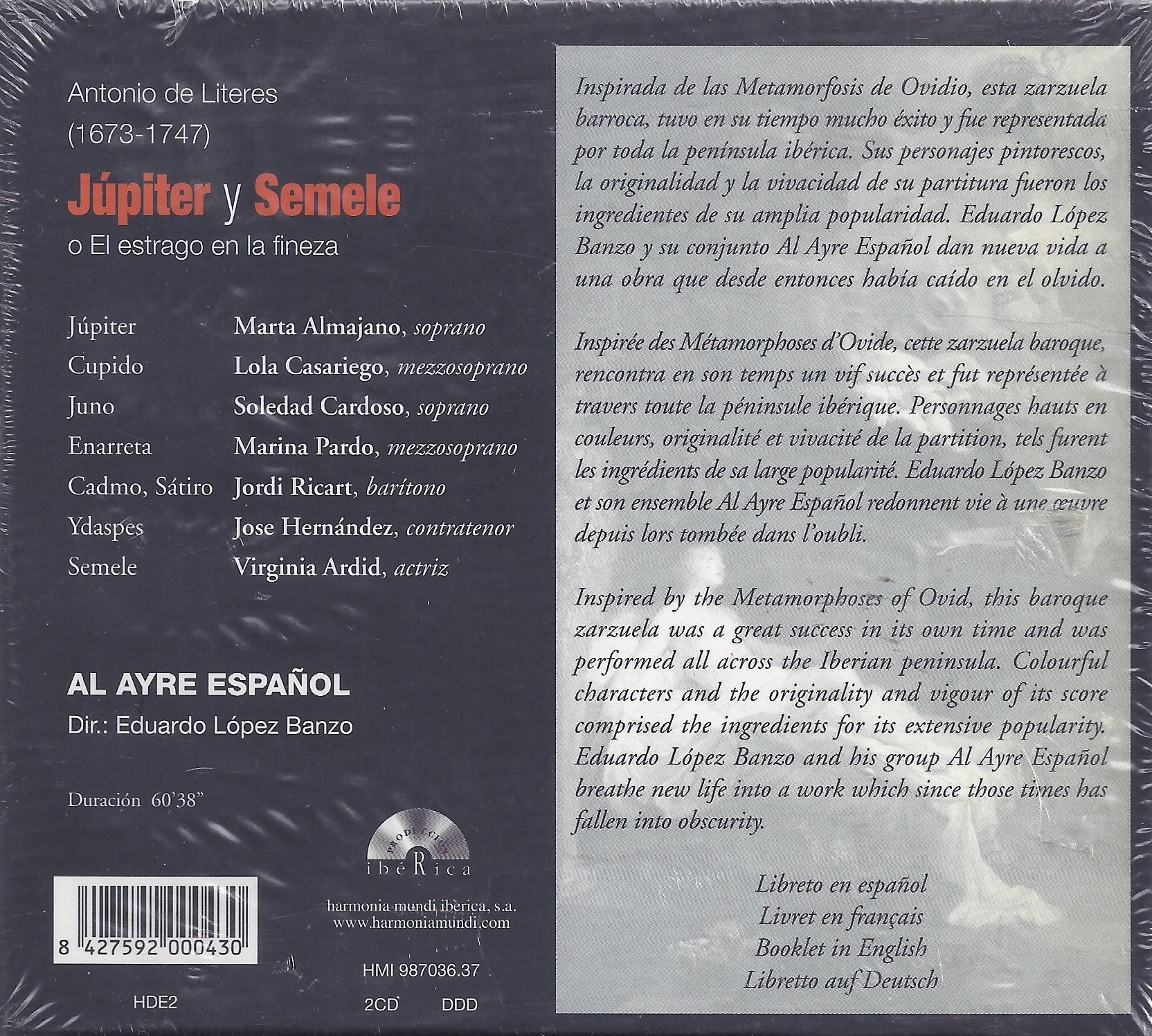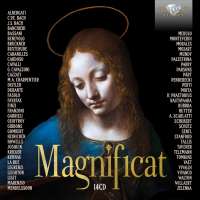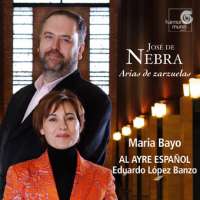
kompozytor
Literes, Antonio de
tytuł
LITERES: Jupiter et Semele
wykonawcy
Lopez Banzo, Eduardo;
Al Ayre Español
Al Ayre Español
nr katalogowy
HMI 987036.37
opis
Nakład wyprzedany, ostatni egzemplarz Spain found itself in a comfortable position during the Baroque period: equipped with a world empire that provided the nation with rich revenues, it was able to live the life of a wealthy pensioner and could largely confine its culture to its own traditions. In adopting European contemporary trends, it was able to be selective. Thus, the history of opera in Spain also has its own independent traditions: One was well aware of what was happening in the rest of Europe, but the influences of the leading nations were adapted to one's own culture. This gave rise to the zarzuela, a typically Spanish form of musical theater that continued to produce independent works into the 20th century.
The recipe for this piece is actually quite simple: take a story from antiquity and enrich it with popular melodies - and the audience hit is ready. What could be more obvious than a story about love and jealousy - the protagonists are Jupiter, the father of the gods, the philanderer of antiquity, the jealous wife Juno with her retinue, and a pretty young woman, Semele, who arouses Jupiter's goodwill and is singled out from the acting characters by a simple trick: As a human being, she has a speaking role and is thus distinguished from the singing characters of the Olympian sphere.
nośnik
CD
x 2
gatunek
Muzyka klasyczna
producent
Harmonia Mundi
data wydania
13-05-2003
EAN / kod kreskowy
8427592000430

(Produkt nie został jeszcze oceniony)
cena 95,00 zł
lubProdukt na zamówienie
Wysyłka ustalana indywidualnie.
Darmowa wysyłka dla zamówień powyżej 300 zł!
Darmowy kurier dla zamówień powyżej 500 zł!
sprawdź koszty wysyłki



















